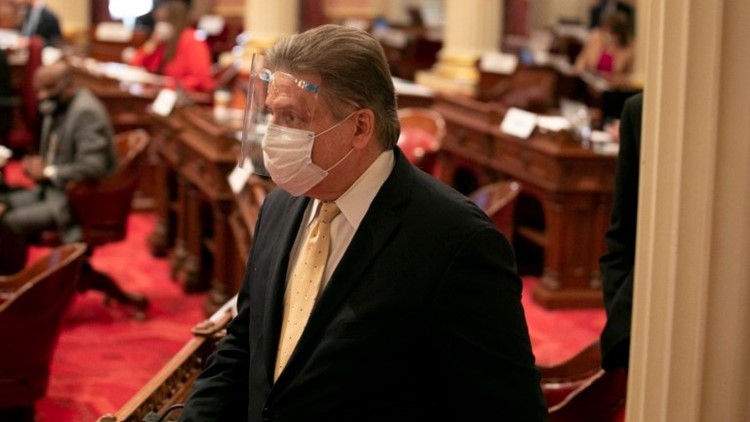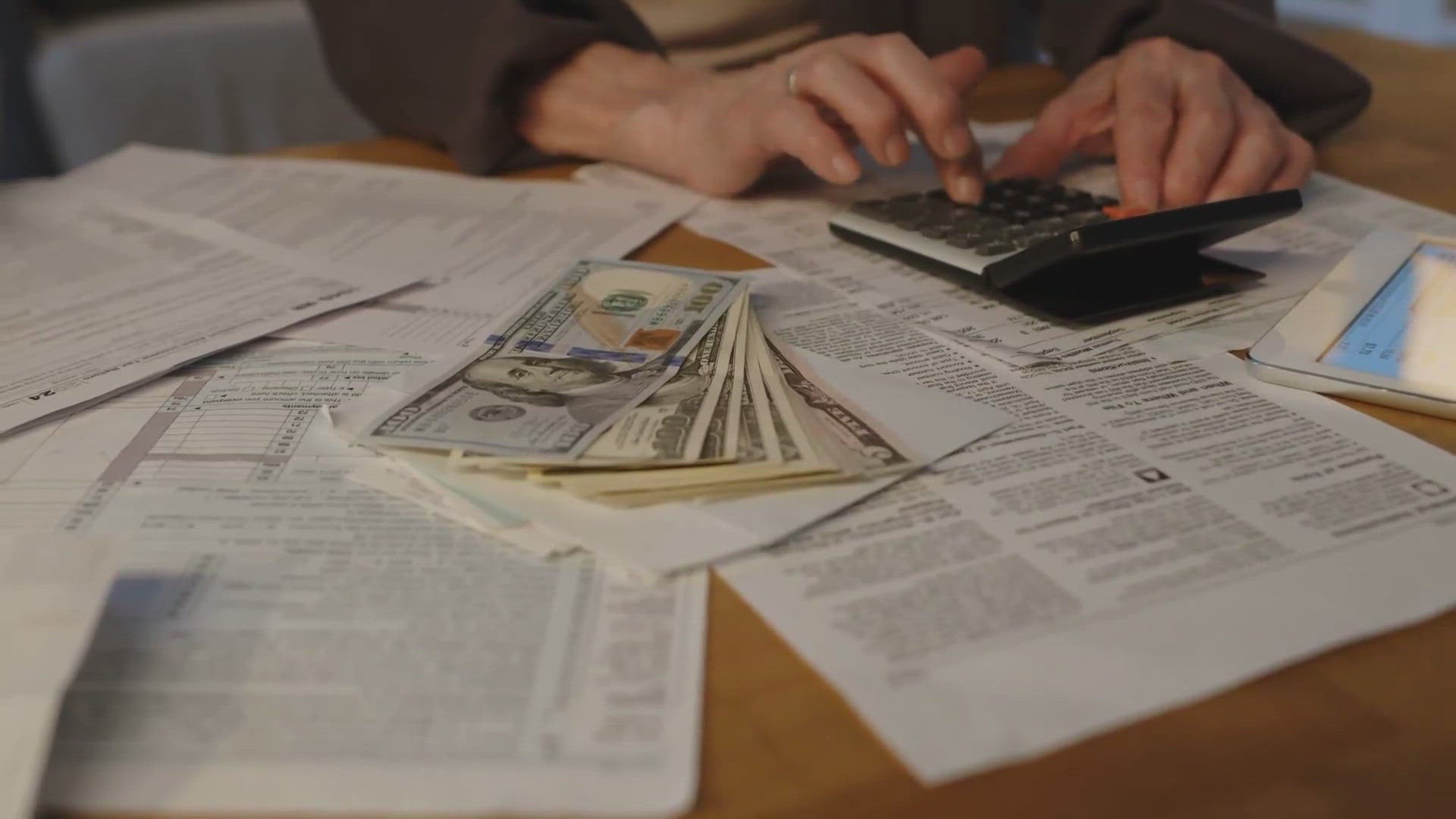CALIFORNIA, USA — This story was originally published by CalMatters.
In November, California voters rejected Prop. 25, which would have replaced the state bail system with algorithms to help judges determine a defendant’s risk.
Five months later, the state Supreme Court ruling turned the tables and gave anti-bail activists a resounding win: The high court ruled that defendants can’t be held in jail solely because they can’t afford to make bail.
It was a dramatic reversal, but Sen. Bob Hertzberg, a Los Angeles Democrat, wants the laws to go further than the court’s ruling – Hertzberg and Assembly Democrats have proposed eliminating bail for every defendant accused of nonviolent crimes.
“What the ruling does that’s most important is attack the moral issue about people who can’t afford bail and people who can,” Hertzberg said in an interview on this episode of the “California State of Mind” podcast. “What they didn’t do was set up a process. Now the next step is, ‘What do we do about it?’”
A CalMatters investigation revealed that at least 1,300 people have been incarcerated in California’s jails longer than three years without being tried or sentenced in a system that disproportionately incarcerates Black, Latino and low-income Californians before trial.
Even if the charges are dropped, Hertzberg said, defendants never see the bail money again. The median bail amount in California is $50,000, of which 10% is paid in nonrefundable deposit to a bail agent – unless the defendants can afford to put up the whole amount themselves.
“A $50,000 bail means you’ve got to scratch up $5,000. Toast, to the wind, never get it back,” Hertzberg said. “It’s become a tool that courts have used to keep people in jail, and it’s wrong.”
One of the thorniest issues of ending the cash bail system is determining what replaces it. The proposal under Prop. 25 to use algorithms to determine defendants’ risk came under fire not just from the bail industry, but also a small but vocal number of civil rights advocates who opposed or refused to endorse the measure. They worried that the risk algorithms already in use in other states or the federal court system would continue to disproportionately affect minority communities and the poor.
Hertzberg didn’t seem eager to revisit the algorithm debate.
“My view is, if they don’t work, don’t use them,” Hertzberg said. “If we can make them work better and learn more, we’ll learn more. But they need to be fair, and what we tried to do was make them fair.”
The reason most people miss court isn’t because they’re fleeing to “an island that doesn’t have extradition,” Hertzberg said, but rather because they have a sick child, or couldn’t take time off of work, or couldn’t find transportation to the courthouse, or lost their paperwork.
“The bottom-bottom line is, most people when you talk about bail, they think, ‘Oh no bail, you’re opening up the doors and everybody’s walking out.’ Wrong,” Hertzberg said. “People are walking out today if they have the check.”
“Why turn these people’s lives upside down,” the senator said. “It just doesn’t work anymore.”
Listen to the “California State of Mind” episode, co-hosted by Nicole Nixon and guest co-host Nigel Duara. Subscribe on Apple podcasts, Spotify or wherever you listen to your podcasts. Follow @yourgoldenstate, @CalMatters and @CapRadioNews on Twitter to engage with our show every week and see the top California news of the day.
CALmatters.org is a nonprofit, nonpartisan media venture explaining California policies and politics



